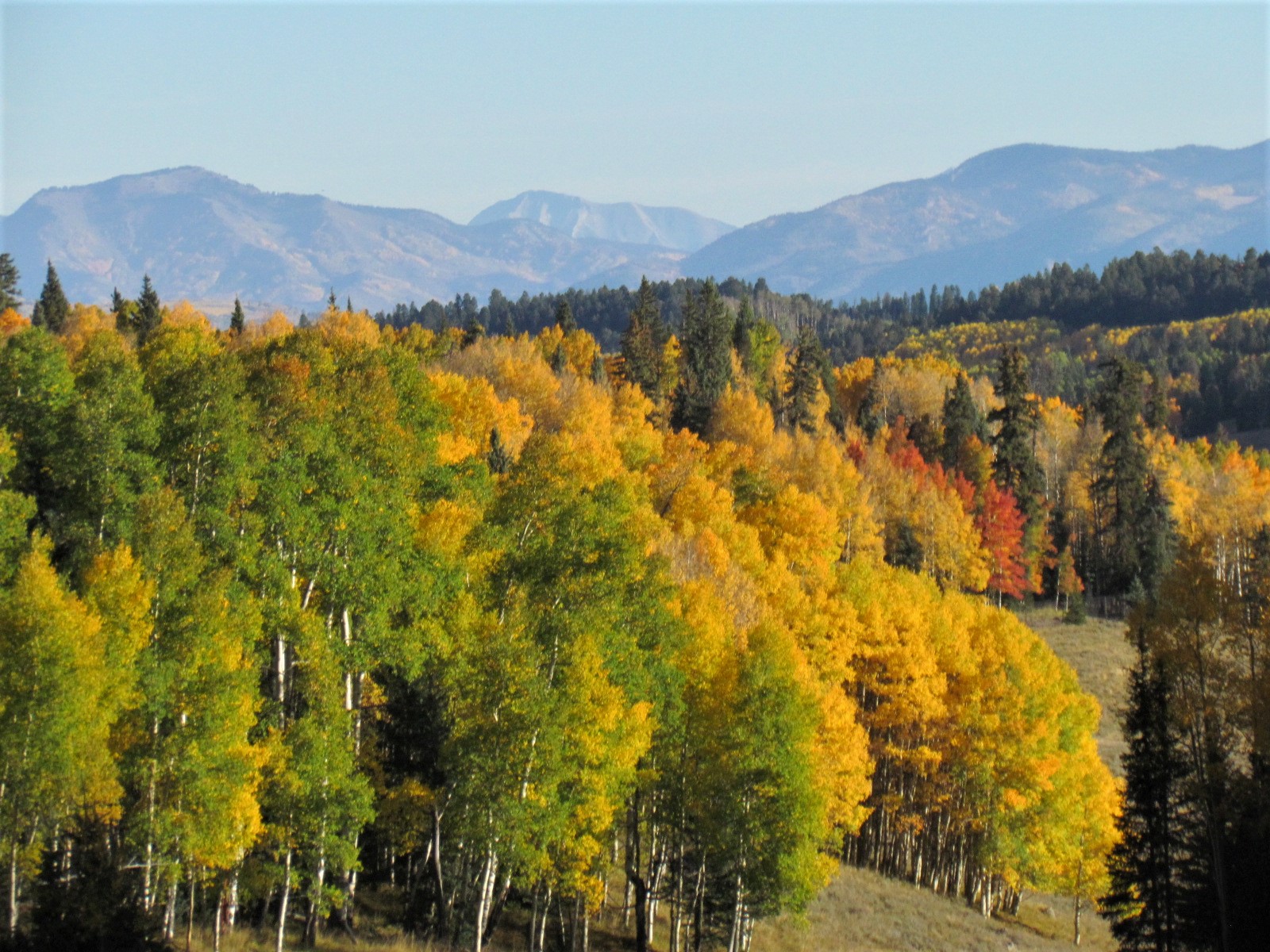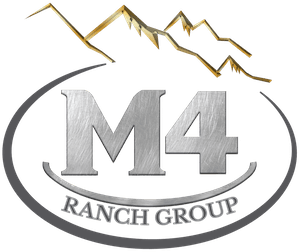[et_pb_section fb_built=”1″ _builder_version=”4.16″ custom_padding=”0px||0px|||” global_colors_info=”{}”][et_pb_row _builder_version=”4.16″ background_size=”initial” background_position=”top_left” background_repeat=”repeat” width=”100%” custom_padding=”0px|||||” global_colors_info=”{}”][et_pb_column type=”4_4″ _builder_version=”4.16″ custom_padding=”|||” global_colors_info=”{}” custom_padding__hover=”|||”][et_pb_text admin_label=”Article Text” _builder_version=”4.17.6″ background_size=”initial” background_position=”top_left” background_repeat=”repeat” global_colors_info=”{}”]
“Buy land, they’re not making it anymore.”
– Mark Twain
From the beginning of time, even long before America was settled, land was one of the most sought after and tightly held assets. Land, and what it provided, was a finite asset and resource which allowed economies and nations to flourish. For the family farm and ranch operation, the most valuable asset continues to be land, and the most precious return on that asset is the ability to pass it on to the next generation. In this context, perhaps the most appropriate definition of land investment and stewardship is “legacy.” The ability to start, build, and carry on a legacy is still one of the most precious aspects of land investment today, allowing buyers to be a part of something bigger than themselves.
Historically, investments in land have generated significant wealth. From any perspective, the value of land assessed over time has produced strong returns. Like all investment vehicles, some properties perform better than others. However, history clearly illustrates that buying land is a sound way to create, protect, and transfer wealth across generations.
At M4 Ranch Group, we are blessed to work with a significant amount of rare “dirt” that buyers really desire to own and spend time on. Our lifetime of outdoor and ranch experience brings unique perspectives to land, land values, stewardship, and ideas about what the future holds for being a ranch or landowner in the modern west. Every buyer has a unique combination of needs, desires, and goals for land ownership. Because land is a finite asset, it goes without saying that no two ranch properties are alike. This provides us the perfect opportunity to exploit the unique characteristics of each property to match the appropriate buyer. The biggest takeaway is your perspective on time, uses, and goals of ownership.
Over the past few decades, we have seen many of our buyers with a deep-seated desire to own a piece of the West driven by a nostalgic perspective of Bonanza, John Wayne, and westerns with Clint Eastwood. These buyers searched coast-to-coast for the proverbial ranch, or the perfect stream from “A River Runs Through It.” Some came with a true desire to not only understand, but to be part of the historical cowboy life. A buyer looks for a place to build a legacy, to take kids or grandkids out of the cement world, and to have a place where they can build their own ties to land they call their own. Some long for a simple and “tangible” part of their life where they can get their hands dirty, and a day’s work produces an immediate and noticeable benefit. This could be as small as looking back at a straight fence at the end of a hard day’s work. For others, maybe it is spending nights in High Camp, branding, the perfect hunting trip, picture-perfect bluebird days, or those warm and dry memories accented by the cold wet days where you really remember the feel of reaching the ranch house and unsaddling that great horse.
Many nostalgic buyers have been replaced by the next generation of “dirt” investors we sometimes refer to as the “Impact Buyer.” Times have changed and in today’s market, there is no “typical” ranch or land buyer. The diversity we see across the board is extraordinary. Buyers and sellers come to us from every location and sector across the globe. Although, they all have one true common denominator—investing in land and a legacy where they can be involved in something bigger than themselves. The next generation of land investors similarly desires a place to build a legacy with family, in business relationships, and in their personal ties to the land. Many of our buyers in the past gained success from the daily grind of hard work in energy, investments, or family opportunity. New buyers come from a much broader platform, spanning East Coast to West Coast and everywhere in between. While this new generation of buyers may have the ability to venture into ranch and land acquisitions, they still strive to own something there is never going to be more of, “Dirt.”
Today, many of our ranch and land conversations start with regional benefits; what are the recreational assets in the area, what is the historic demand for similar properties, how does the local government deal with building regulations, access, and wildlife. We now spend a great deal of time talking about endangered species, wetlands, river restoration, habitat enhancement, big game herd counts, herd migrations, herd health, and public land access. Conservation values are also almost always a topic of conversation for the new buyer to determine what value they can generate and how they can protect the lands for future generations.
The bottom line is, “Dirt” is a value buy. Land provides security almost no other investment can. Like any investment, the key is to manage risk, time, and debt. Make sure you know your goals, evaluate your carry cost, and have your priorities established for the core reasons you are investing in land. In the Mountain West, you often buy to enjoy and fulfill a lifelong dream. These things take time, and time is where gains are generated on western ranch and recreational property. Investment in a “Dirt” legacy creates opportunities few investments could dream of.
Dan Murphy, ALC
M4 Ranch Group, Broker/Owner
RLI Colorado Chapter President
[/et_pb_text][/et_pb_column][/et_pb_row][et_pb_row _builder_version=”4.16″ _module_preset=”default” width=”100%” custom_padding=”||0px|||” global_colors_info=”{}”][et_pb_column type=”4_4″ _builder_version=”4.16″ _module_preset=”default” global_colors_info=”{}”][et_pb_text admin_label=”Credit for Original Publication” _builder_version=”4.17.6″ _module_preset=”default” text_font=”||on||||||” text_orientation=”center” max_width=”550px” module_alignment=”center” hover_enabled=”0″ global_colors_info=”{}” sticky_enabled=”0″]
This article was originally featured in the Fall 2021 Issue of LAND Magazine and was also published online at Land.com.
[/et_pb_text][et_pb_button button_url=”https://issuu.com/land-magazines/docs/l21_3″ url_new_window=”on” button_text=”View the Digital Publication” button_alignment=”center” admin_label=”Digital Publication Button” _builder_version=”4.17.6″ _module_preset=”default” hover_enabled=”0″ global_colors_info=”{}” sticky_enabled=”0″][/et_pb_button][/et_pb_column][/et_pb_row][/et_pb_section]


